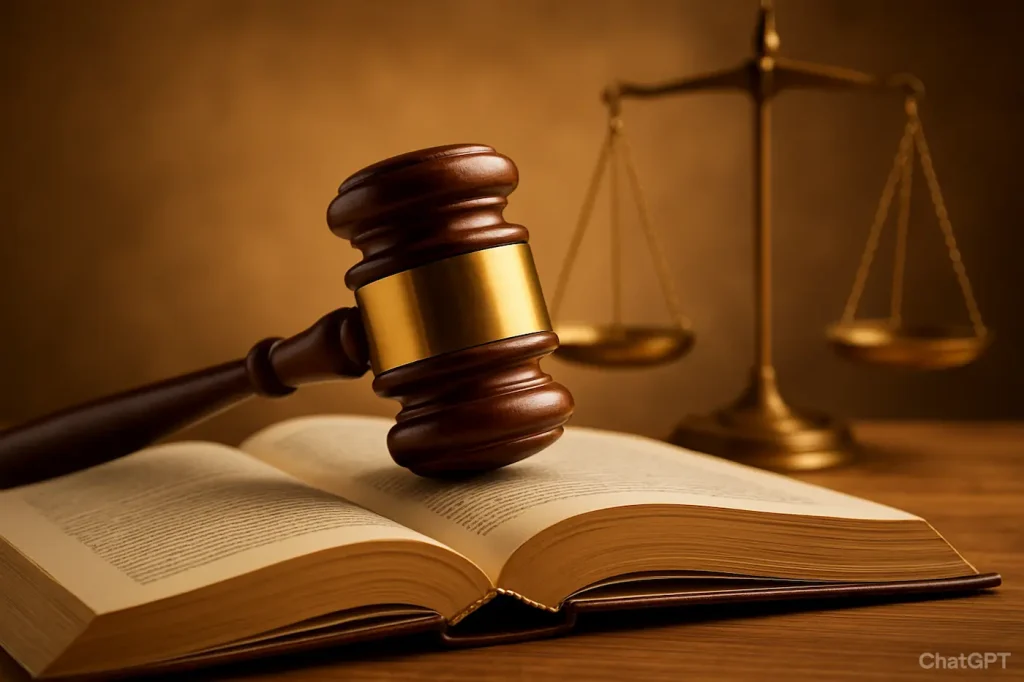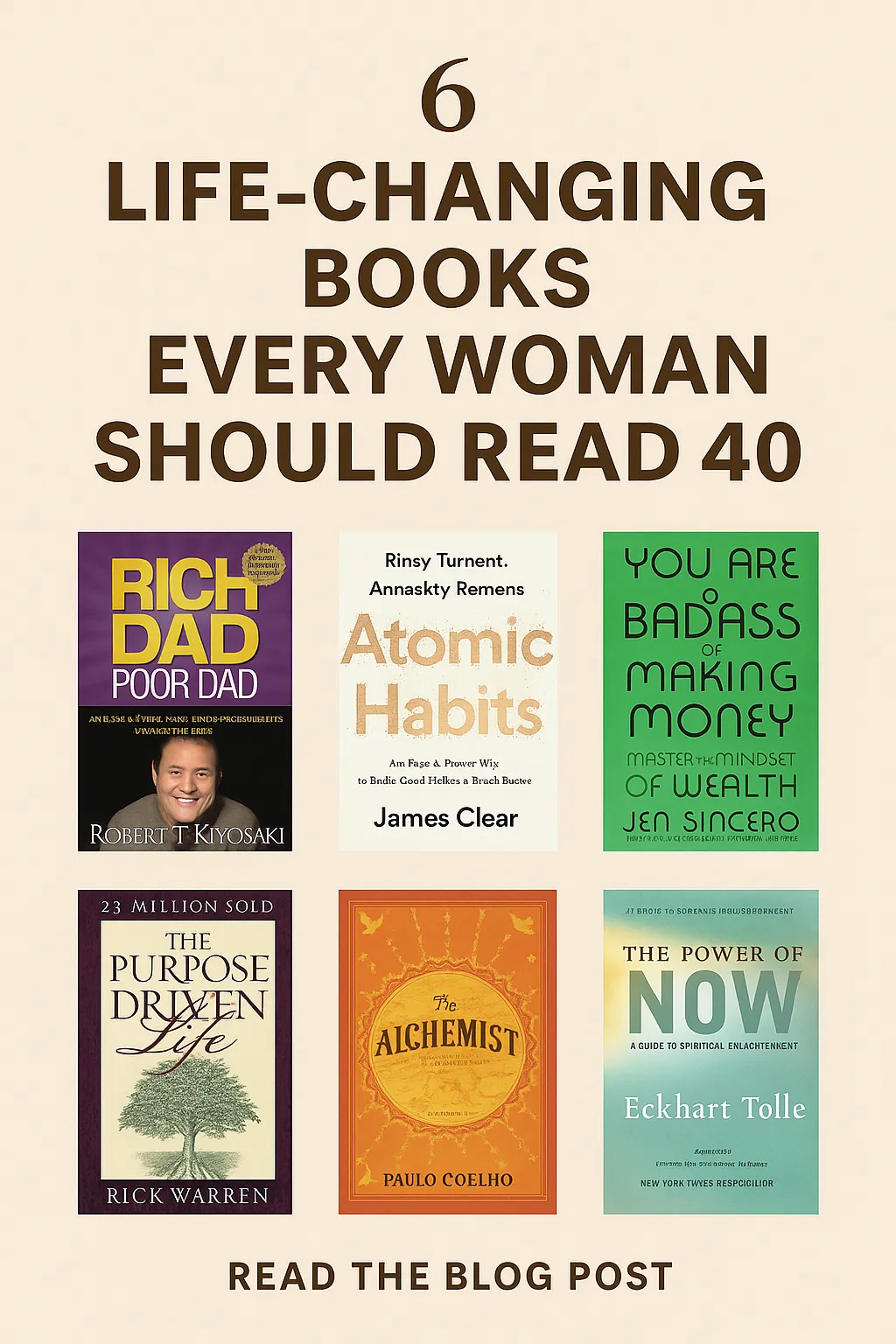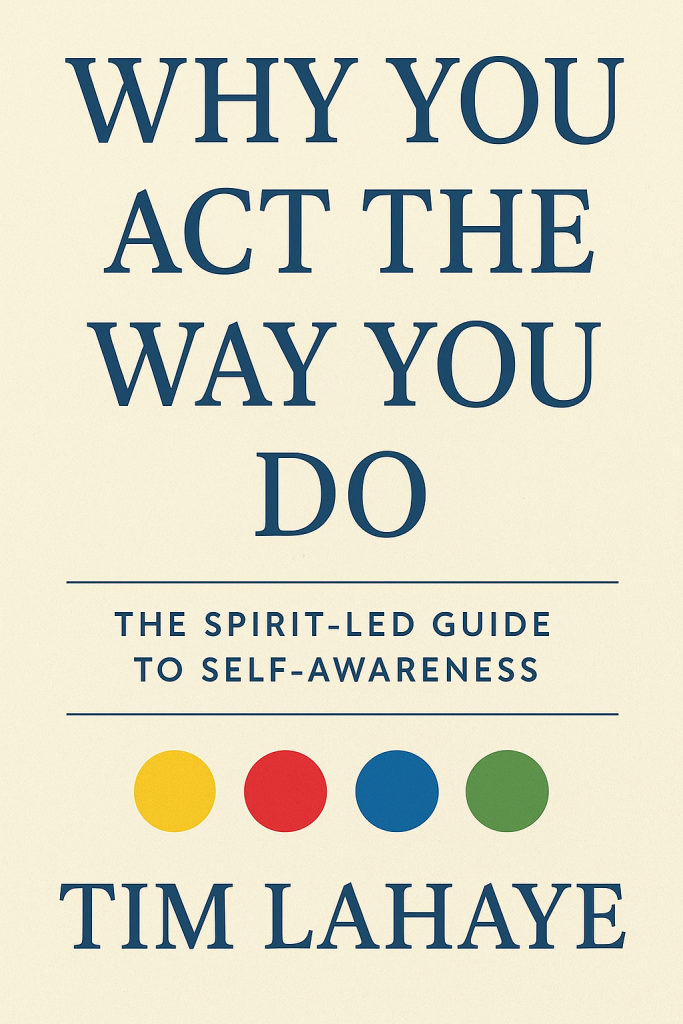
Friday always feels like a breath of fresh air. After a busy week, I try to pause and reflect on the things that stir my heart. One of my greatest passions has always been reading books, though I often have to squeeze in reading time between work, family, and daily commitments. Recently, I picked up John Grisham’s novel The Guardians — and it left me unsettled in the best way possible.
The story follows Cullen Post, a lawyer and minister who works with a small nonprofit called Guardian Ministries. Their mission is simple yet daunting: to free innocent people wrongly convicted of crimes. Page after page, I was drawn into the uphill battle of proving innocence in a system resistant to admitting mistakes.
But what shocked me most wasn’t the fictional plot — it was the real-life story behind the book.
Joe Bryan’s Wrongful Conviction
Grisham was inspired by real people like Joe Bryan, a Texas high school principal convicted in 1986 for the murder of his wife, Mickey. Despite shaky evidence and overwhelming proof pointing to his innocence, Bryan was sentenced to life in prison.
When The Guardians was published in 2019, Joe Bryan was still behind bars — more than 30 years after his wrongful conviction. I couldn’t stop thinking about him, so I looked up his story online. To my relief, I discovered that he was eventually released after serving 33 years in prison, though tragically his conviction was never officially overturned.
That detail struck me hard. Imagine being caged for decades for something you didn’t do — and then walking out with the label “convicted murderer” still hanging over your head.
Wrongful Convictions in Kenya: A Silent Struggle
Reading Joe Bryan’s story made me wonder: What about Kenya?
If someone here were wrongly accused of murder, theft, or another crime — and didn’t have the money for a strong legal defense — where would they turn for help?
Kenya’s justice system, while advancing, faces real challenges:
- Overcrowded prisons: Many inmates spend years in remand, awaiting trial.
- Legal costs: Quality defense is expensive, leaving poor defendants at a disadvantage.
- Flawed investigations: Cases are sometimes built on weak evidence, coerced confessions, or mistaken identity.
- Delays: Court cases can drag on for years, with witnesses disappearing and files going missing.
Innocent people can, and do, get trapped in this system.
Where to Find Legal Aid for Wrongful Convictions in Kenya
While Kenya doesn’t yet have a fully established Innocence Project like in the U.S., there are organizations working tirelessly to help:
- Kituo cha Sheria (link here): A nonprofit that provides free legal aid to marginalized groups, including prisoners.
- Justice Defenders (link here): Formerly known as African Prisons Project, this group trains prisoners and prison officers in law so they can represent themselves and others in court.
- Legal Aid Act (2016): This government initiative aims to provide free legal services to those who cannot afford representation.
- KELIN Kenya: Focuses on legal and human rights, especially for vulnerable groups like prisoners living with HIV.
These organizations are small rays of hope in a system where justice can feel out of reach.
NGOs and Community Groups Supporting Prisoners
In addition to legal aid, Kenya has faith-based ministries and NGOs that support rehabilitation and reintegration. They provide counseling, literacy programs, vocational training, and family support. These efforts may not directly overturn wrongful convictions, but they remind prisoners that they are not forgotten.
Learning from the U.S. Innocence Project
In the U.S., the Innocence Project has freed over 375 wrongly convicted individuals using DNA testing and advocacy. Many had served decades in prison. Some had been on death row.
Kenya may not yet have the same forensic resources, but we can borrow the model of collaboration: law schools, NGOs, churches, and volunteers working together to review questionable cases. Even one innocent person freed makes the fight worth it.
Where to Start if You or a Loved One Is Wrongly Accused
If you’re in Kenya and face a situation like this, here are some practical steps:
- Seek free legal aid from Kituo cha Sheria or Justice Defenders.
- Document everything — keep police records, charge sheets, and witness statements safely.
- Contact your MP or human rights organizations — sometimes political or public pressure helps stalled cases move.
- Explore appeals — even after conviction, the law allows for reviews and appeals if new evidence emerges.
Justice in Kenya is not perfect, but there are avenues to keep fighting.
Why Stories Like The Guardians Matter
Books like The Guardians remind us that injustice is not just numbers and laws — it’s people’s lives. When the system fails, families are shattered, dreams are destroyed, and years are stolen.
Grisham’s novel sits on my shelf as a reminder of how fragile justice can be. If you’d like to read it too, you can find it here: The Guardians on Amazon.
Another powerful book I recommend is Just Mercy by Bryan Stevenson, the true story of a lawyer who has dedicated his life to defending the poor and wrongly condemned. It shows how one voice can challenge an entire system.
Becoming Guardians of Justice
The question I keep asking myself is this: What can we do, right here in Kenya, to prevent wrongful convictions?
The answer lies in awareness, advocacy, and compassion. We may not all be lawyers, but we can:
- Support organizations working in prisons.
- Share stories that highlight injustice.
- Stand with families of the wrongly accused.
- Push for reforms in how investigations and trials are conducted.
Justice is a shared responsibility. It belongs not just to the courts, but to all of us.
A Personal Reflection
This theme of becoming ties into my own journey. Reading Grisham’s book reminded me of lessons I’ve been writing about here at Lobby Reflections — the courage it takes to step out in faith and grow into new roles:
Just like in life, becoming a guardian of justice often starts small — with awareness, with courage, with refusing to look away.
✨ Friday Thought: Justice delayed should not be justice denied. May we find courage to be guardians of truth, in whatever small ways we can.

